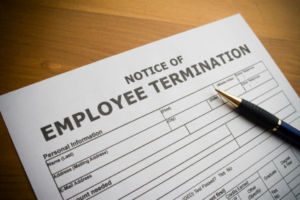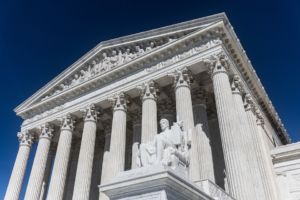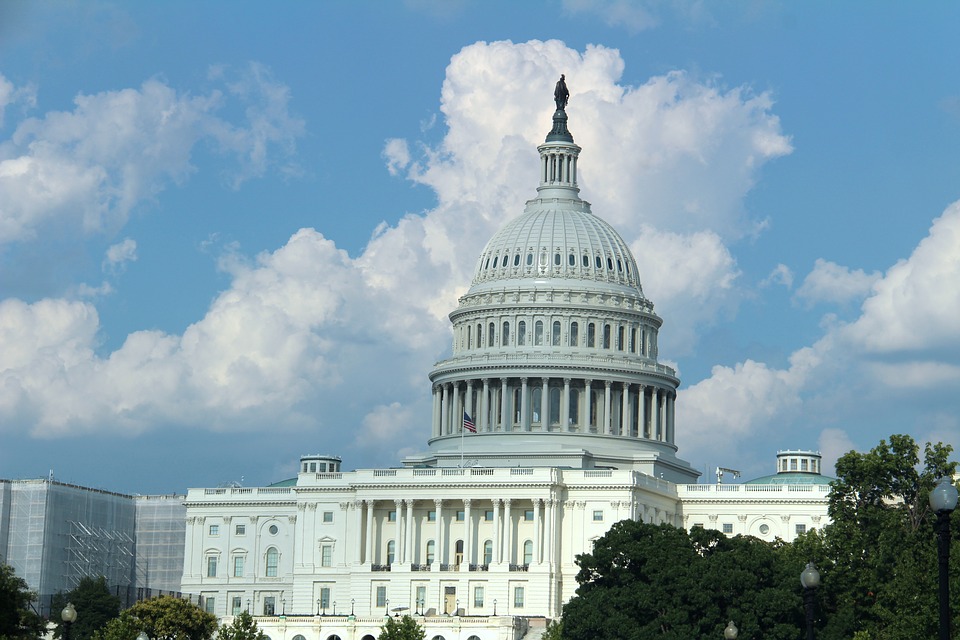 If you’re a government contractor or a government employee, you may be wondering whether you are protected against employment discrimination under the same sorts of laws as private employees.
If you’re a government contractor or a government employee, you may be wondering whether you are protected against employment discrimination under the same sorts of laws as private employees.
In general, the answer is yes! In fact, most government workers enjoy even broader protections than employees of private companies. Read on to see what laws may apply to your situation.
Government Contractor Rights Against Unlawful Termination
Employees who work for companies that contract with the federal government enjoy protections that are broader than many private workers receive. For instance, employees of government contractors have a broader right to time off for sick leave. These rights are enforced by the Office of Federal Contract Compliance Programs, a division of the U.S. Department of Labor. Claims for wrongful termination based on OFCCP regulations can be filed with the U.S. Department of Labor within 180 days of the violation. You can find instructions for filing a complaint at the U.S. Department of Labor website.
Federal and State Government Employee Rights Against Unlawful Termination
Government workers also have broad protections against wrongful termination and employment discrimination. They are protected by rights provided the U.S. Constitution and, in some instances, also by state constitutions.
Unlike workers in the private sector, employees of local and state governments, as well as of the federal government, are protected by the constitutional rights and many other specialized federal, state, and local laws. For example, government workers are protected by the First Amendment right to free speech and by the due process clauses entitling them to certain procedural protections.
And yes, you read that right: private sector employees are not protected at work by constitutional protections like freedom of speech and due process.
How to Sue the Government
 Employees who need to sue a state or local government can do so under the statute 42 U.S.C. § 1983. A lawsuit against the federal government must be brought through a Bivens action. A Bivens action is a claim where you sue federal officials in their individual capacities for violating your constitutional rights.
Employees who need to sue a state or local government can do so under the statute 42 U.S.C. § 1983. A lawsuit against the federal government must be brought through a Bivens action. A Bivens action is a claim where you sue federal officials in their individual capacities for violating your constitutional rights.
Lawsuits against localities, states, and the federal government do not generally need to be filed with an administrative agency first. That means you can go directly to court.
There is one critical difference that you should be aware of in discrimination matters. If you are a federal government employee and believe you have suffered discrimination based on a protected characteristic, you have only 45 days to notify the agency’s EEO Counselor.
Warning: These lawsuits are very complicated. You’ll need a lawyer, probably one who focuses on civil rights. Many employment lawyers also work in the civil rights area.
Summing It Up
Government contractors and government workers have broader rights and protections than most private employees. They can usually skip filing a complaint with an administrative agency.
Even though you may have more rights than private employees, suing the government is no simple task. We invite you to talk to an attorney for help with your case.





